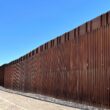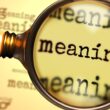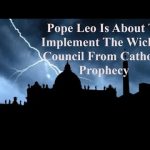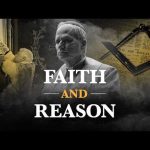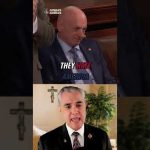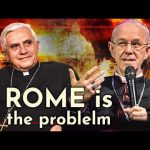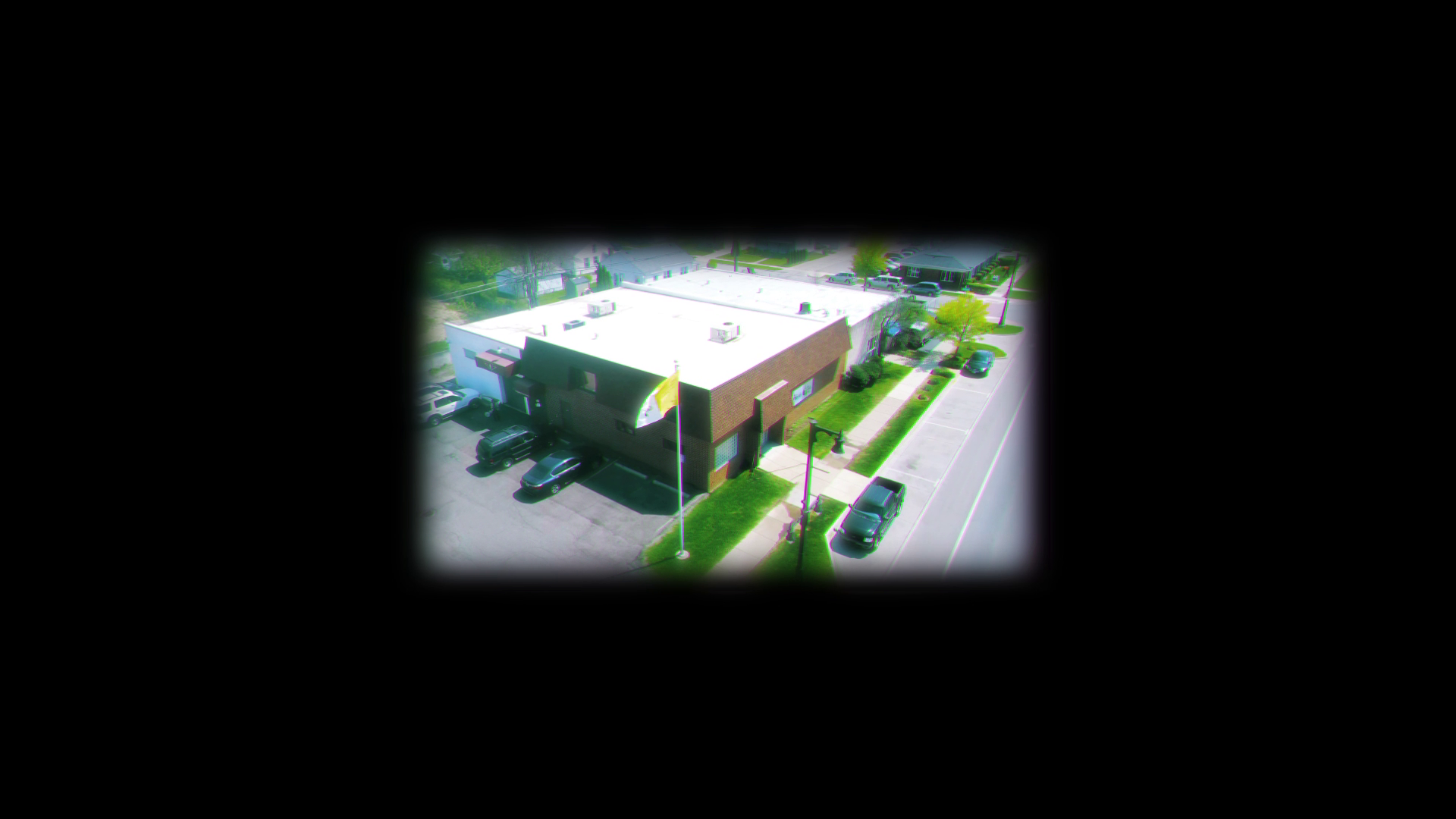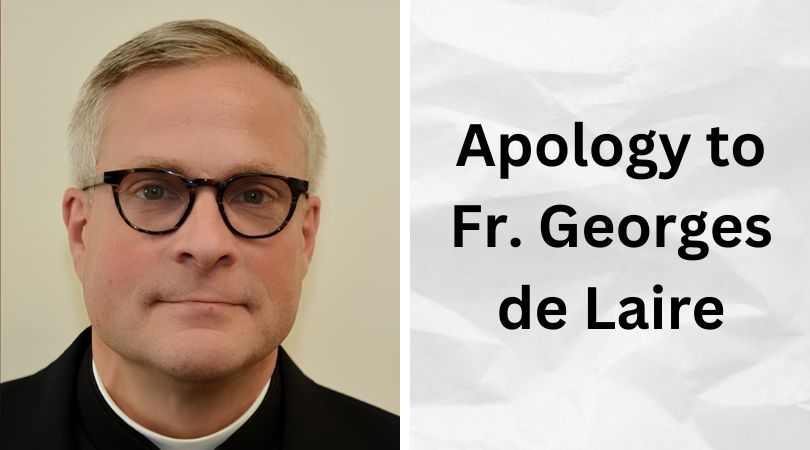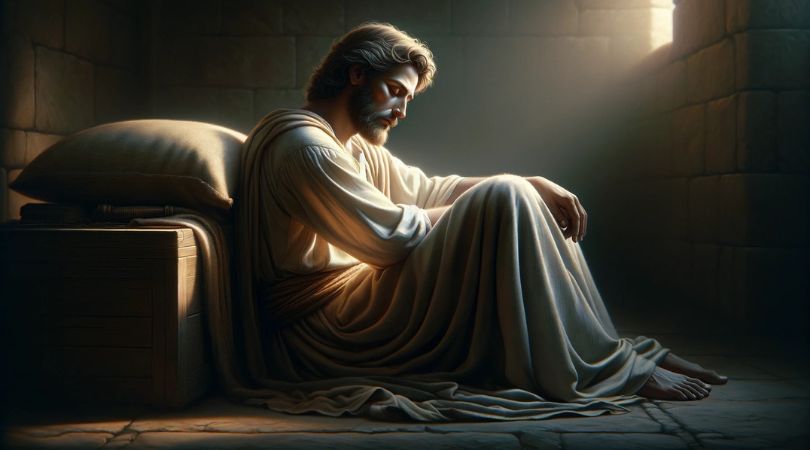HONG KONG (ChurchMilitant.com) – The trial of Jimmy Lai, a prominent Hong Kong activist and newspaper publisher, began Monday, highlighting the city’s tense political climate.
Lai, an outspoken advocate for democratic freedoms, faces charges under a national security law that has drawn international criticism for its potential to suppress free speech.
Lai, a devout Catholic, has been a vocal critic of Beijing’s tightening grip on Hong Kong. He founded the pro-democracy tabloid Apple Daily in 1995, which became a symbol of Hong Kong’s fight for democracy. His trial begins on the heels of several years of imprisonment.
Authorities arrested Lai in August 2020, accusing him of colluding with foreign forces and conspiring to defraud. The national security law, enacted by China’s communist government in 2020, was used to bring these charges.
Critics widely view this law as a means to suppress dissent. Having spent over 1,000 days in custody, Lai’s detention has garnered international attention, leading to widespread condemnation and demands for his release from various global figures and organizations.
International Support
The Catholic University of America awarded Lai an honorary degree in 2022, recognizing his struggle for freedom. His story reflects a global support base that spans continents and includes Catholic bishops and U.S. senators. These supporters view his trial as a violation of free speech and an act of political persecution.
Cardinal Joseph Zen, Hong Kong’s bishop emeritus and an outspoken critic of Beijing’s policies, guided Lai’s conversion to Catholicism in 1997, marking a key turning point in his activism. Lai has publicly stated that his faith influenced his decision to remain in Hong Kong despite the inherent risks. His unwavering commitment in the face of adversity has established him as a symbol of the city’s pro-democracy movement.
Various observers have raised concerns about the fairness of Lai’s trial. Critics like Fr. Robert Sirico, the founder of the Acton Institute in Michigan, question the probability of a not-guilty verdict under a totalitarian regime. Sirico has voiced skepticism about the trial’s integrity, pointing out the Chinese government’s history of using legal systems for political purposes.
United States senators, including Dick Durbin and Jim Risch, have criticized the trial, arguing that the charges against Lai are politically motivated. They join international voices calling for justice and demanding Lai’s immediate release. The Biden Department of State has condemned the charges as well, urging the Chinese authorities to uphold press freedom in Hong Kong.
Hong Kong’s Eroding Autonomy
Many see Lai’s trial as a benchmark for China’s grip on Hong Kong’s freedoms.
Since Great Britain returned Hong Kong to Chinese sovereignty in 1997, the city has operated under the ‘one country, two systems’ principle, allowing it a degree of autonomy and distinct legal and economic systems separate from mainland China.
But, in recent years, Beijing’s increasing lust for control has become evident in Hong Kong, a city once celebrated for its distinct governance and freedoms.
Sebastian Lai, Jimmy Lai’s son, has highlighted the profound implications of his father’s trial. He perceives the proceedings as a threat to broader freedoms, mirroring growing concerns among both Hong Kong residents and the international community.
The trial has emerged as a pivotal point in discussions about China’s implementation of the 2020 national security law. Critics accuse this controversial legislation, which faced widespread international backlash upon its introduction, of enabling the Chinese Communist Party to exert harsh control over Hong Kong.
The global community is intensely scrutinizing the trial as it unfolds. The verdict will likely have significant consequences for Hong Kong’s future, its democratic aspirations and the international response to China’s policy directions in the region.

